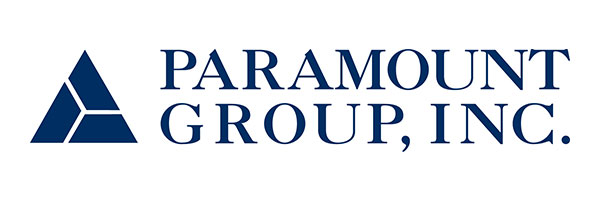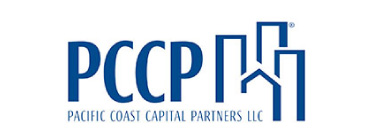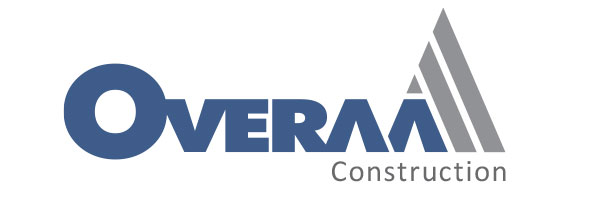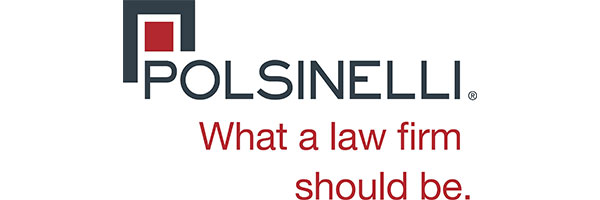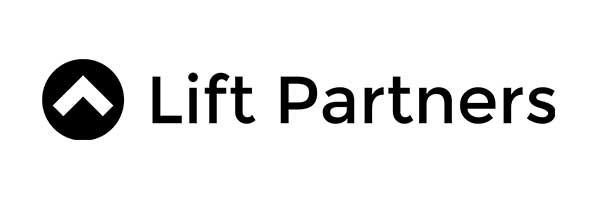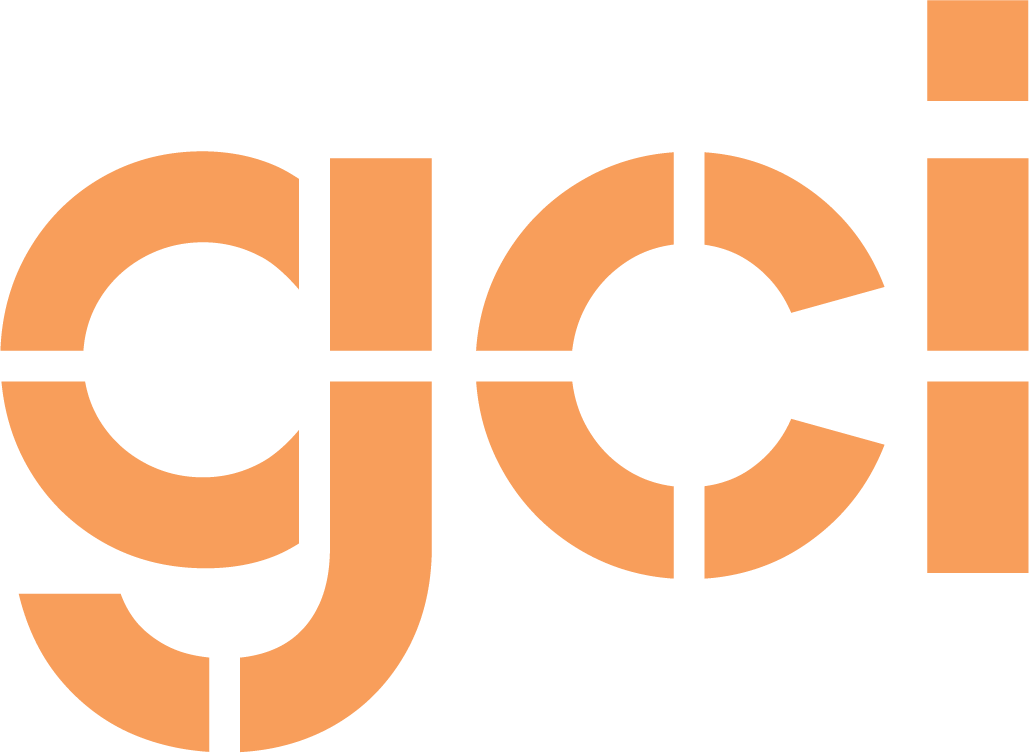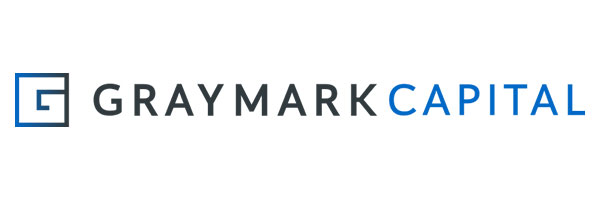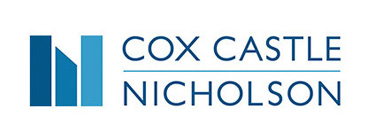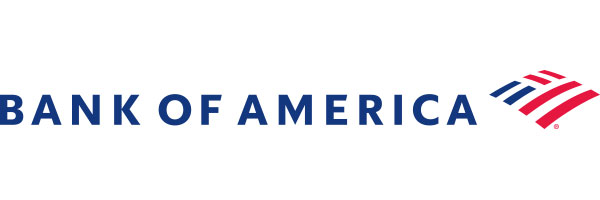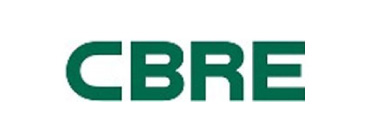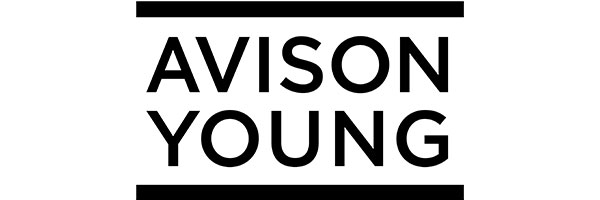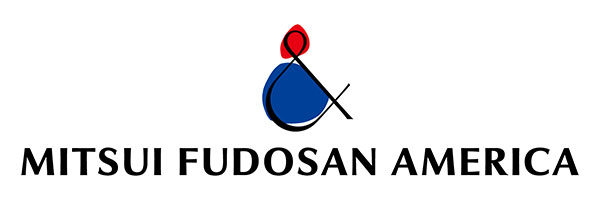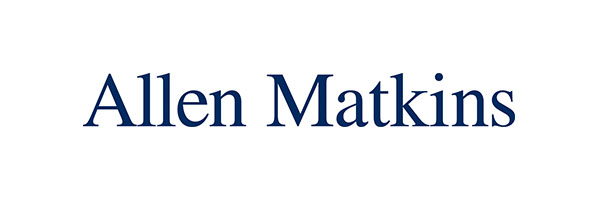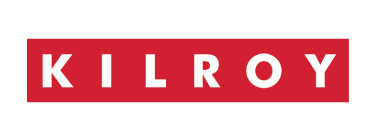CBPA's California Legislative Update 10/15/2021
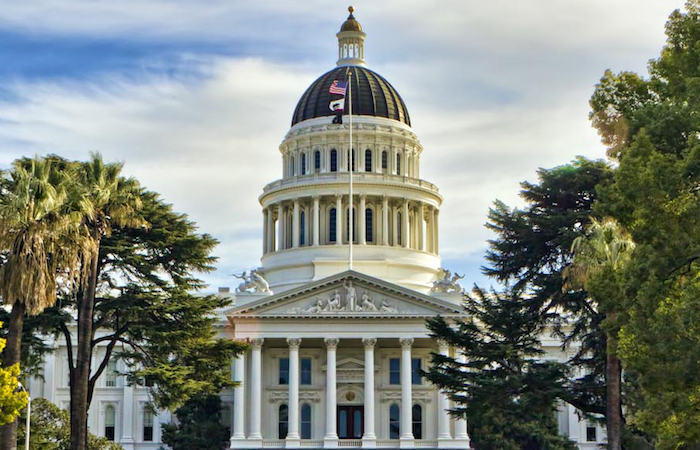
- LAST DAY FOR GOVERNOR TO SIGN/VETO BILLS
- PRIORITY BILLS SIGNED BY THE GOVERNOR
- PRIORITY BILLS VETOED BY THE GOVERNOR
- STRATEGIC ISSUES CONFERENCE – REGISTER NOW
- 2022 STATEWIDE BALLOT INITIATIVE PREVIEW
- CBPA 2021 CALENDAR
LAST DAY FOR GOVERNOR TO SIGN/VETO BILLS
Sunday was the last day for Governor Newsom to sign or veto bills passed by the Legislature (Art. IV, Sec.10(b)(1) of the State Constitution).
836 bills reached Governor Newsom’s Desk during the 2021 Legislative Session. He signed 770 bills in 2021, or 92% and he vetoed 66 bills in 2021, or 7.9 %.
Our industry tracked and engaged on more than 500 bills introduced this legislative session. Below is a summary for some of the priority bills that made it to the Governor’s Desk.
PRIORITY BILLS SIGNED BY THE GOVERNOR
Here are some of the priority bills we tracked this session that were signed into law. Please note, we were successful in negotiating amendments to some high priority and/or urgent bills, so their final form may look different than they did during the process.
AB 33 (Ting) Energy Conservation Assistance Act of 1979: energy storage systems and electric vehicle charging infrastructure.
POSITION: NEUTRAL
SUMMARY: Bill was originally a sweeping decarbonization bill that directed all electric utilities to establish a rate structure for “all-electric” buildings, prohibits gas lines in newly constructed schools, and abolishes ability for new construction gas line extension allowances. Was amended and curtailed and we removed opposition.
AB 61 (Gabriel) Business pandemic relief.
POSITION: SUPPORT
SUMMARY: Extends regulatory relief for restaurants/bars and properties regarding outdoor dining.
AB 80 (Burke) Taxation: Coronavirus Aid, Relief, and Economic Security Act: Federal Consolidated Appropriations Act, 2021.
POSITION: SUPPORT
SUMMARY: Brings California into partial conformity with federal tax treatment of deductible business expenses paid for using PPP funds and will allow businesses to deduct up to $150K in expenses from state income taxes.
AB 215 (Chiu) Planning and Zoning Law: housing element: violations.
POSITION: SUPPORT
SUMMARY: Ensures more housing units are constructed by requiring any localities not meeting their regional average production requirements to consult with the Department of Housing and Community Development, incentivizes local governments to amend local requirements to encourage more housing production, and empowers the Attorney General to enforce the Housing Crisis Act of 2019.
AB 331 (Jones-Sawyer) Organized theft.
POSITION: SUPPORT
SUMMARY: Helps in the battle against organized retail crime which includes acting in concert with one or more individuals to steal merchandise with the intent to sell, exchange or return and/or act in concert with other individuals to receive, purchase or possess merchandise. Organized retail crime is devastating many retail stores in California as they are brazenly robbed, and their products are sold on the street or online.
AB 332 (Committee on Environmental Safety and Toxic Materials (Hazardous waste: treated wood waste: management standards.
POSITION: SUPPORT
SUMMARY: Provides an option to manage and dispose of treated wood waste through alternative standards if certain criteria are met, a process that had been in place for decades before sunsetting in 2020, in order to avoid the unnecessary and cost prohibitive management of these materials as Resource Conservation and Recovery Act (RCRA) hazardous waste materials
AB 480 (Carrillo) Hazardous materials.
POSITION: NEUTRAL
SUMMARY: Until late amendments this bill had the potential to shut down industrial/manufacturing operations for spilling a single drop of covered materials. However, we recently removed our opposition from this bill as our amendments were taken to defining “emergency response” as a means to guide and differentiate releases relative to quantity and the need for activated emergency response personnel from outside a facility. These amendments will help provide improved clarity and consistency and the regulated community at industrial properties, ensuring notification requirements doesn’t automatically result in a facility (or portion of) closure.
AB 511 (Muratsuchi) Securities transactions: qualification requirements, exemptions, and liability.
POSITION: SUPPORT
SUMMARY: Allows start-up and emerging small businesses to help find investors to help capitalize them.
AB 537 (Quirk) Communications: wireless telecommunications and broadband facilities.
POSITION: SUPPORT
SUMMARY: Facilitates the installation of faster broadband networks in California.
AB 634 (Carrillo) Density Bonus Law: affordability restrictions.
POSITION: NEUTRAL
SUMMARY: This bill allows a local government to require an affordability period longer than 55 years for units that qualify a developer for a density bonus. We are watched closely to assure that the bill does not negatively impact projects or reduce housing.
AB 654 (Reyes) COVID-19: exposure: notification.
POSITION: SUPPORT
SUMMARY: Reforms notice of COVID-19 cases in the workplace by eliminating duplicative obligations for businesses in certain industries, matching terms to corresponding federal guidelines, and other favorable improvements.
AB 701 (Gonzalez, Lorena) Warehouse distribution centers.
POSITION: OPPOSE
SUMMARY: This bill will kill jobs and increase expenses in warehouses and logistic centers by micromanaging how companies set performance standards. It will create a new private right of action based on vague standards, increase PAGA litigation, create a never-ending presumption of retaliation, and is based on fundamental misunderstandings of performance metrics.
AB 721 (Bloom) Covenants and restrictions: affordable housing.
POSITION: NEUTRAL
SUMMARY: Nullifies certain covenants and restrictions for 100% Affordable residential housing projects.
AB 819 (Levine) California Environmental Quality Act: notices and documents: electronic filing and posting.
POSITION: SUPPORT
SUMMARY: Codifies existing best practices by requiring lead agencies to post and submit electronically certain California Environmental Quality Act (CEQA) notice and other environmental review documents.
AB 970 (McCarty) Planning and zoning: electric vehicle charging stations.
POSITION: NEUTRAL
SUMMARY: Watching this bill closely as it impacts Electric vehicle charging station permits which will potentially be mandated in the next building code adoption. This bill requires an application to install an electric vehicle charging station be acted on within 5 business days of submittal. Although we support quick approval of EV charging permits, this bill would require local planning desks to prioritize this particular permit above other permit requests which could cause unnecessary delays in tenant improvements and other construction.
AB 1084 (Low) Gender neutral retail departments.
POSITION: NEUTRAL
SUMMARY: Requires certain retailers to have gender neutral sections. Worked with CRA to make sure the bill could be implemented in a reasonable manner.
AB 1124 (Friedman) Solar energy systems.
POSITION: SUPPORT
SUMMARY: Clarifies that solar permit fee caps apply to systems atop carports, patio covers and parking lot shade structures, and multifamily housing projects.
AB 1203 (Burke) Property taxation: assessment appeals board: qualifications: County of Los Angeles.
POSITION: OPPOSE
SUMMARY: Reduces from three years to one year the time a former employee of an assessor’s office may be appointed as a member of that county’s assessment appeals board. Also seeks to strike the minimum qualifications of appointees in the areas of experience, education and certification. Reducing the time increases the risk of pro-Assessor bias. May result in “stacking” the assessment appeals boards with pro-assessor appointees and with appointees with lower professional qualifications which may lead to an increase in bad decisions for both the assessors and taxpayers.
SB 1 (Atkins) Coastal resources: sea level rise.
POSITION: OPPOSE
SUMMARY: Gives the California Coastal Commission authority over sea level rise which could be used to advance the “managed retreat” policy, which shutting down future coastal development including desperately needed housing in coastal areas where there is already an affordability crisis.
SB 62 (Durazo) Employment: garment manufacturing.
POSITION: OPPOSE
SUMMARY: Expansion of joint liability is so significant it will make everyone in the supply chain liable for worker wages.
SB 63 (Stern) Fire prevention: vegetation management: public education: grants: defensible space: fire hazard severity zones.
POSITION: SUPPORT
SUMMARY: Requires CalFire to complete maps for moderate and high fire severity zones and would also require HCD and the SFM to expand application of the WUI standards to homes in high fire severity zones (something already required in Very High Fire Severity Zones).
SB 87 (Caballero) California Small Business COVID-19 Relief Grant Program: income tax: gross income: exclusion: small business grants.
POSITION: SUPPORT
SUMMARY: Establishes a $2.6 billion grant program that offers struggling small businesses a lifeline while they struggle through pandemic-induced shutdowns and regulations.
SB 93 (Committee on Budget and Fiscal Review (Employment: rehiring and retention: displaced workers: COVID-19 pandemic.
POSITION: OPPOSE
SUMMARY: Requires rehiring of certain workers.
SB 94 (Skinner) Alcoholic beverage control: barbering and cosmetology: license renewal fees: waiver.
POSITION: SUPPORT
SUMMARY: Relieves bars, restaurants, and those working in barbering and cosmetology from having to pay license renewal fees for two years.
SB 95 (Skinner) Employment: COVID-19: supplemental paid sick leave.
POSITION: OPPOSE
SUMMARY: Paid sick leave mandate. This bill imposes a significant cost onto small employers, who the State has already acknowledged are suffering due to this pandemic. This paid sick leave mandate would essentially negate any financial relief small employers may receive through the proposed COVID grant programs. Retroactively requires employers with only one or more employees, to provide up to 80 hours of paid sick leave per calendar year to all employees for COVID-19 related reasons.
SB 339 (Wiener) Vehicles: road usage charge pilot program.
POSITION: SUPPORT
SUMMARY: Extends the Road User Charge Advisory Committee and allows the Transportation Agency to conduct pilot studies to evaluate potential replacements for gas tax funding for roads and infrastructure.
SB 389 (Dodd) Alcoholic beverages: retail on-sale license: off-sale privileges.
POSITION: SUPPORT
SUMMARY: Allows restaurants to sell prepackaged alcohol for off-site consumption.
SB 433 (Allen) California Coastal Act of 1976: enforcement: penalties.
POSITION: NEUTRAL
SUMMARY: Extends the California Coastal Commission’s existing authority to impose administrative civil penalties to all violations of the Coastal Act.
SB 478 (Wiener) Planning and Zoning Law: housing development projects.
POSITION: SUPPORT
SUMMARY: Prohibits a local government from imposing certain floor area ratio (FAR) standards on housing projects of 3-10 units.
SB 606 (Gonzalez) Workplace safety: violations of statutes.
POSITION: OPPOSE
SUMMARY: Creates two new categories of California Division of Occupational Safety and Health (Cal/OSHA) violations: “egregious” and “enterprise-wide.” The new categories of violations carry significant monetary penalties against employers.
SB 727 (Leyva) Labor-related liabilities: direct contractor.
POSITION: OPPOSE
SUMMARY: Expands existing direct contractor liability to include liquidated damages and penalties in circumstances where the contractor fails to meet payroll monitoring and corrective action requirements.
PRIORITY BILLS VETOED BY THE GOVERNOR
Here are some of the priority bills we tracked this session that were vetoed.
AB 416 (Kalra) California Deforestation-Free Procurement Ac.
POSITION: OPPOSE
SUMMARY: Would have required any companies submitting bids for state procurement contracts involving a range of common goods, including wood, rubber, paper, and others, to adopt new internal policies regarding sourcing of materials for all contracts, not just state-related contracts, and provide potentially proprietary information regarding their supply chain to the state as part of the application process.
AB 616 (Stone) Labor representative elections.
POSITION: OPPOSE
SUMMARY: Would have set a bad precedent limiting an employee’s ability to independently and privately vote for unionization in the workplace by essentially eliminating a secret ballot election. It unfairly limits an employer’s ability to challenge cards submitted and further limits an employee’s ability to decertify a union, by forcing them to go through the ballot election process instead of submission of representation cards.
AB 1074 (Gonzalez, Lorena) Employment: displaced workers.
POSITION: OPPOSE
SUMMARY: Would have removed the ability of private employers to choose who they hire by requiring businesses to offer positions to laid-off employees based on a preference system enshrined in state law.
SB 477 (Wiener) General plan: annual report.
POSITION: SUPPORT
SUMMARY: Would have helped cities and counties in meeting regional housing goals by expanding the information local jurisdictions must report in order to provide project-level data to the state related to impacts of recent statutory changes intended to stimulate housing production.
STRATEGIC ISSUES CONFERENCE – REGISTER NOW
Several major groups have come together to host an event you don’t want to miss! California Business Properties Association (CBPA), American Council for Engineering Companies (ACEC), Building Owners and Managers of California (BOMA CAL), California Alliance for Jobs (CAJ), California Building Industry Association (CBIA), California Business Roundtable (CBRT), California Manufacturers & Technology Association (CMTA), California Retailers Association (CRA), invite you to attend one of the premier California policy gatherings, 2021 Strategic Issues Conference.
California’s leading home builders, retailers, manufacturers, business property owners, managers, and developers will come together to increase public policy and political awareness of state and national issues and foster collaborative efforts among business leaders from all sectors of the California economy. The topics of discussion that impact California’s economy are as follows - Upcoming 2022 Elections and Statewide Politics California’s Response to the Drought, Storm Water Runoff, Housing in California, Goods Movement and the Supply Chain, and How Crime affects California.
December 2-3, 2021
Embassy Suites by Hilton Napa Valley
1075 California Boulevard, Napa, CA - CLICK HERE FOR HOTEL ROOM BLOCK
The Strategic Issues Conference offers a unique opportunity, in an intimate setting, to enjoy significant exposure to key decision-makers and policymakers from both the public and private sectors. Your sponsorship will signal your strong support for improving the business climate in California.
CLICK HERE for sponsorship details or contact Melissa Stevens at mstevens@cbpa.com
2022 STATEWIDE BALLOT INITIATIVE PREVIEW
It is that time of year again where ballot initiatives are being submitted and we wanted to keep you informed on some of the more interesting ones, including the return of a Split Roll Tax Measure. Remember, it’s very early in the process so a lot of these are subject to change in the coming months but here is a preview of the general topics.
Public Employee Labor Organizations – Amends the California Constitution to prohibit public employees from forming, joining, or participating in the activities of a public employee labor organization for the purpose of representing said employees on matters of employer-employee relations. This is an interesting measure backed by a high-tech billionaire.
Local Land Use - Amends the California Constitution to allow counties and cities to make and enforce all local land use controls, police, sanitary, and other ordinances, and regulations that don't conflict with general laws. The initiative retains state control in the coastal zone, certain power plants, the development and construction of water, and certain communication or transportation. This is local government’s response to statewide action on housing.
Housing Affordability and Tax Cut Act of 2022 AKA Split Roll Tax - Amends the California Constitution to increase the homeowner property tax exemption from $7,000 to $200,000. Establishes an annual surcharge of 1.2% on all properties with full cash values of $5 million or more. The initiative also streamlines the review processes for housing development projects. CBPA will be actively fighting this measure.
Ballot Measure Transparency - Amends the California Constitution by changing the responsibility of writing official title and summary for statewide ballot initiatives from the California Attorney General to the independent and non-partisan Legislative Analyst's Office. This is an effort to end the politicization of title and summaries through the ballot initiative process.
CBPA 2021 CALENDAR
2021
Thursday-Friday, December 2 - 3
Strategic Issues Conference & CBPA Board Meeting
Embassy Suites, Napa Valley
2022
Thursday, March 24, 2022
CBPA Board Meeting & Industry Awards Dinner
Renaissance Hotel, Newport Beach
Thursday, April 7, 2022
CBPA Industrywide Legislative Meeting
Southern California (TDB)
June 7 – 8, 2022
California Commercial Real Estate Summit and CBPA Annual Board Meeting
Cal Chamber, Sacramento
Tuesday, November 15, 2022
CBPA Board Meeting & Post-Election Wrap Up
TBD
For more information on any of our events, please contact Melissa Stevens at 916-443-4676 or mstevens@cbpa.com.

